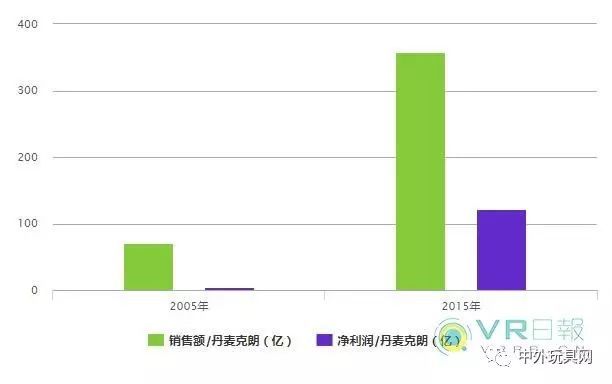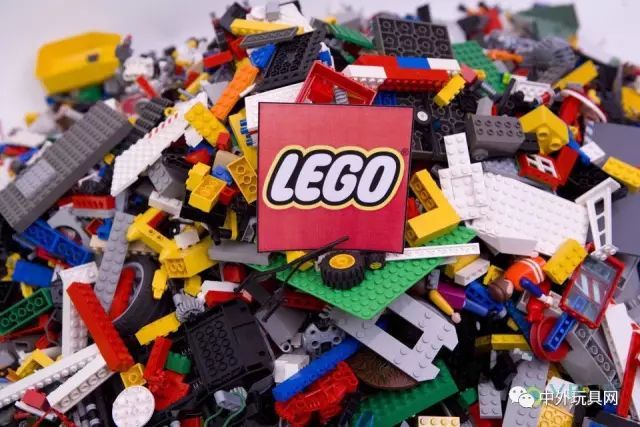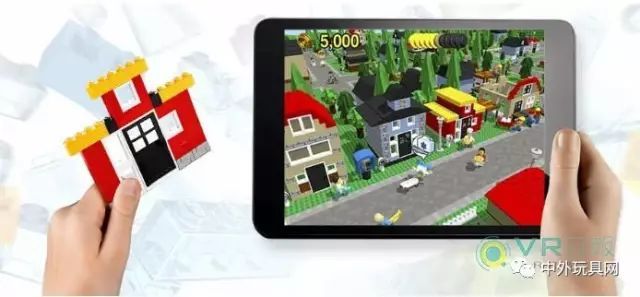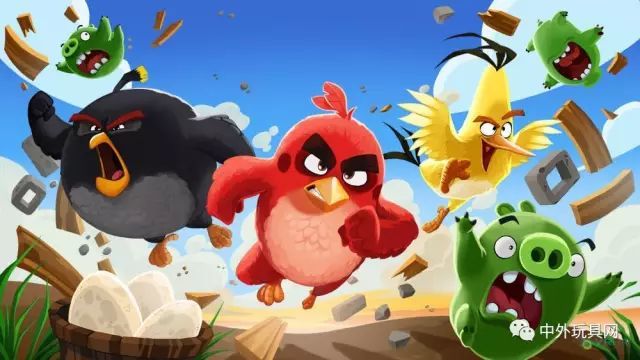It is no exaggeration to describe the development of LEGO in the past ten years with miracles. Few people can think of this carpenter workshop that started with toys and become one of the most profitable brands in the world. From 2005 to 2015, the company has maintained a double-digit revenue growth rate. On the basis of a five-fold increase in overall revenue, the net profit jumped from 505 million kronor to 12.2 billion kronor (12.7 billion yuan). .

(Lego's 2005 and 2015 revenue comparison)
After the performance of "supernatural", the bottoming is actually not so surprising. Although LEGO maintained its consistent profitability in 2016, 6% of revenue growth and 1.7% of profit growth were bleak before the comparison. After the new CEO takes office, they plan to lay off 1,400 people, accounting for 7% of the total number of employees.
It seems that some inhumane practices are one of the secrets of LEGO's rapid growth. The turn of the 20th to 21st centuries coincided with the company's most declining period. In order to keep up with the emerging trend, they began to increase the number of products, trying to take advantage of various types of fields, and even launched a name in 1997. Video game of "Lego Island".
However, the expansion of the product category did not bring sales feedback. After the first loss in 1998, the lowest point in the history of the company in 2003 began to convince people that the 70-year-old toy company was on the verge of bankruptcy.

However, a dramatic reversal has emerged. The appointment of Knu and Afson makes the enterprise system simplistic, not only cutting off a number of unnecessary product lines and departments, but also the principle of 13.5 to revolutionize the design of toys: any product must guarantee a sales profit rate greater than or equal to 13.5%.
Surprisingly, the video game department as a vassal did not dissipate. Lego continued to build VR content on the basis of maintaining the interactive toy business. The reason is self-evident, they are at least not a loss-making business.
In essence, LEGO's interactive toys are very similar to AR-VR content. After Disney abandoned "Disney Unlimited", "Lego Dimension" became one of the few competing products of Activision Blizzard "Skylanders", which is characterized by the connection of physical toys and virtual worlds.
The subsequent output of "Lego FUSION" clearly follows this idea. After assembling the physical building blocks, the "model" can be projected into the AR-VR by taking pictures, and the VR game "Brickheadz" with Google, It achieves the experience of immersive split building blocks.

(Lego FUSION, the gameplay is actually more biased towards AR)
Although LEGO's video games and AR-VR business are both corners of the corporate layout, and the linkage with various popular brands is not on the table, but this is undoubtedly a unique application of LEGO to its own IP - turning IP into a kind of Carrier.
A erroneous idea in the late 1990s almost destroyed Lego's future. They believe that with the involvement of pan-entertainment such as television and movies, self-guided open building blocks will be eliminated. This later became a must for Lego, the company decided to build a toy system, and everything must be around the building blocks. Coincidentally, the older generation of Gothic Fred had put forward a view many years ago: Lego's gaming experience is not based on products, but on building blocks and building systems.
In short, LEGO's IP does not have a unique image, but the changing building block system is a powerful carrier of popular IP such as Batman and the Avengers. For them, the “theme†is far more important than the individual. The “Phantom Ninja†and “Qigong Legend†launched in recent years can also reflect this.

(These images earn a lot of money for Rovio)
Also extracting a single IP to the limit, there is Rovio, the developer of Angry Birds. Contrary to LEGO, they are directly transformed from game development to product sales. The radical approach is obviously a mistake made by LEGO. It is worth mentioning that Rovio recently announced the official launch of the IPO, in order to further expand its products and business.
At this point, LEGO’s main competitors, Mattel and Hasbro, are listed companies, adding up to a total market capitalization of more than $15 billion, but in terms of earning power, LEGO’s net profit for the fiscal year 2015 exceeds that of the two companies. with. As a private company born in 1934, through long-term exploration, they have summed up a unique IP expansion path.
Nail Clipper,Stainless Steel Nail Clipper,Safety Nail Clipper,Practical Nail Clipper
Yangjiang Etina Houseware Co., Ltd. , https://www.jmstjsrobot.com